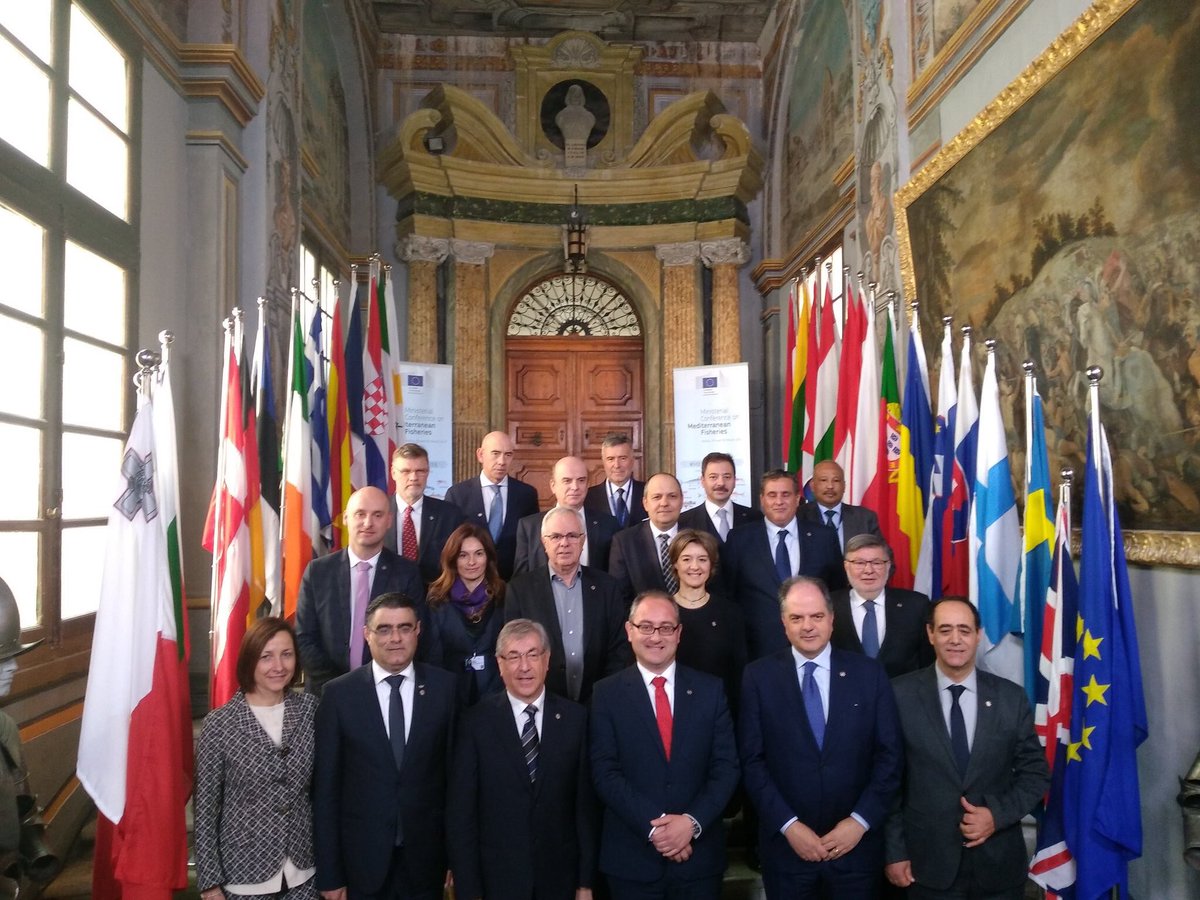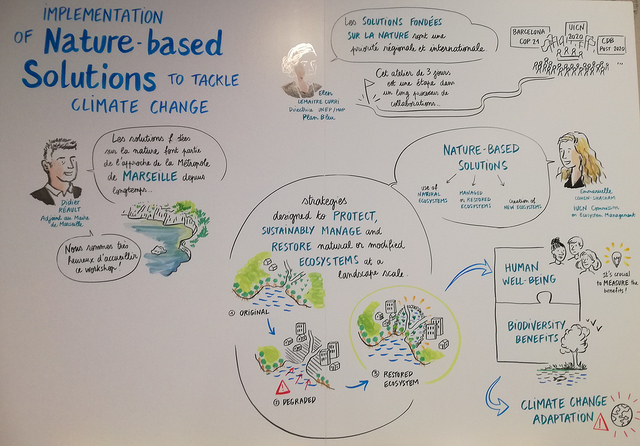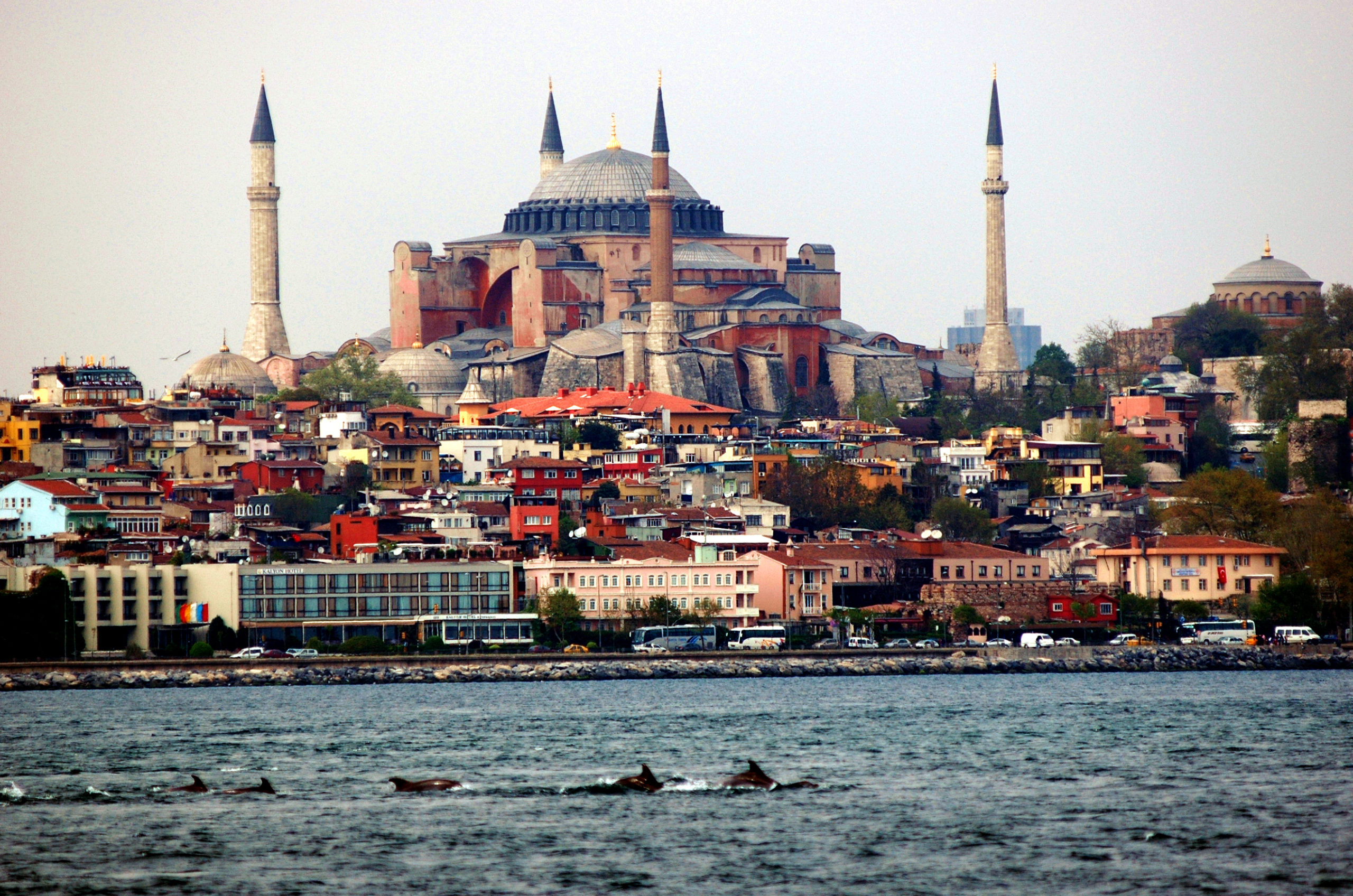The catching of unwanted species is a pervasive problem in fisheries worldwide. In most cases unwanted catches are returned dead to the sea as discards. This results in a waste of natural resources and a threat to the health and stability of marine ecosystems.
In European fisheries of the North East Atlantic and Mediterranean seas, discarding occurs mainly because the catch is of no commercial value, because quotas have been reached, and because the potentially commercial species are below minimum size or are of low commercial value.
Unwanted catches damage fish stocks, by killing adults and juvenile individuals before they reach reproductive age. This impacts on the entire chain, from habitat-forming invertebrate populations to seabirds.
From a socio-economic point of view, a fishery with unwanted catches is less efficient because time and labour are wasted sorting catches.
Given the difficulty of completely avoiding unwanted catches in fishery, it is necessary to devise technical and technological solutions, along with economic and social incentives, to gradually eliminate discard practices. The MINOUW project promotes a positive change in the sea by placing fishers at the core of actions to reduce unwanted catches and discarding practices, and by using multi-stakeholder engagement in the design and implementation of these actions.
By developing and improving these solutions, increasing the awareness of producers and consumers, and placing an economic premium on discard-free fishing, there is the possibility of considerably reducing unwanted catches and ensuring a more sustainable supply of fish resources in the future.
European fisheries are currently transitioning to reducing discards, and to bringing all catches to land as part of the implementation of the Landing Obligation, Art. 15 of the Common Fishery Policy.
MINOUW will provide support to the new orientation of the Common Fisheries Policy.
Research carried out by the project partners to date has produced convincing results in important fishing activities such as trawling, set nets, pots and longlines. In the next months, these results will be presented to EU decision makers, fishermen, scientists and civil society. It is indeed key to ensure the maximum collaboration from science to the field to guarantee the best decisions are taken.
To know more about the project you can download the following media background:
Science, Technology, and Society Initiative to Minimize Unwanted Catches in European Fisheries MEDIA
Do not hesitate to contact me if you need furter details.
Chantal MENARD
Communications Manager
WWF Mediterranean
cmenard@wwfmedpo.org


